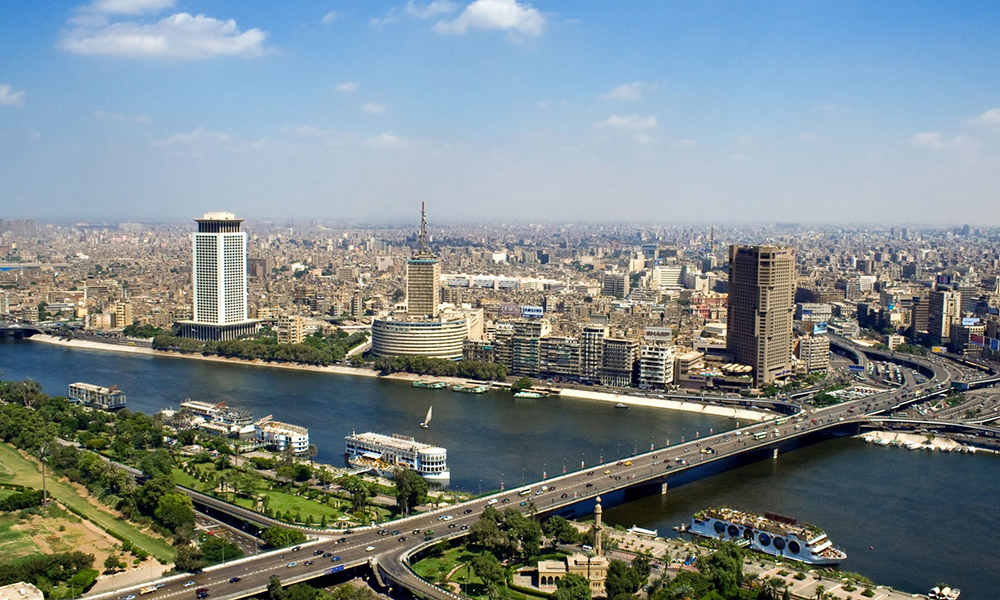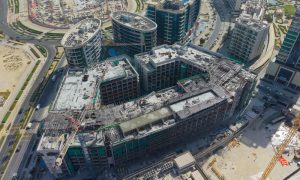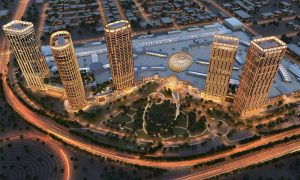Coronavirus: JLL report reveals Cairo real estate was stable in Q1 despite influence of COVID-19
Market report indicates hotel sector was affected the most by the pandemic

JLL has said that despite COVID-19 affecting the real estate market in Cairo, most sectors remained stable during Q1. The office sector is said to have been a strong performer.
According to JLL’s Q1 Cairo Real Estate Market Performance report, Cairo’s office sector has seen a 9% increase in average prime rents on an annual basis despite unfavorable market conditions, due to the limited supply of high-quality offices. The average vacancy rates remained stable at 12% over the last quarter, which is also said to point to a strong office performance in Q1.
Several measures including the ‘work from home’ initiative, will see demand for office space remain subdued in the short-to-mid term, with requirements focused on smaller fitted out spaces, to minimise capital expenditures, the report said.
Commenting on the residential sector, JLL said it remains almost unchanged with limited units delivered in Q1, leading to a total of 159,000 units. An additional 58,000 units are expected to be completed by year end, but given current market conditions, these are expected to spill over into 2021/2022.
As there is still a large amount of future supply currently under construction in East Cairo, this has placed downward pressure on sale prices over this quarter, while the shortage of supply in 6th of October City makes it the better performer in Q1 2020, JLL explained.
The rental market remains landlord-favourable, as rents in both New Cairo and 6th of October City continue to witness an increase, it added.
The retail sector in Cairo saw positive performance during Q1, where average rental rates increased by 10% across primary and secondary malls. However, current market conditions have increased downward pressure on operations and sales volumes, resulting in landlords offering rental exemptions to support tenants. This is expected to reflect in the second half of this year, provided the temporary lockdown of all retail operations and other preventative measures remain active, according to JLL.
JLL points out that the hotel sector has been the most severely impacted as a result of the COVID-19 pandemic. This is evident towards the end of Q1, with a 30% annual drop-in average daily rates (ADRs), while an even sharper decline of 81% took place in occupancy rates.
Hotel supply is said to have remained stable at 23,000 keys with no additional completions in Q1 of this year. Around 400 keys are expected to be delivered by the end of the year, JLL commented.
JLL stated that the government initiatives were in place to support the hospitality sector during these uncertain times. The Central Bank of Egypt (CBE) allocated $3.17bn for two-year loans, with a six-month grace period to contribute towards salaries and maintenance payments. The CBE is also said to have recently granted hotels and tourist facilities a financing plan to support hotel development and renovation.

























